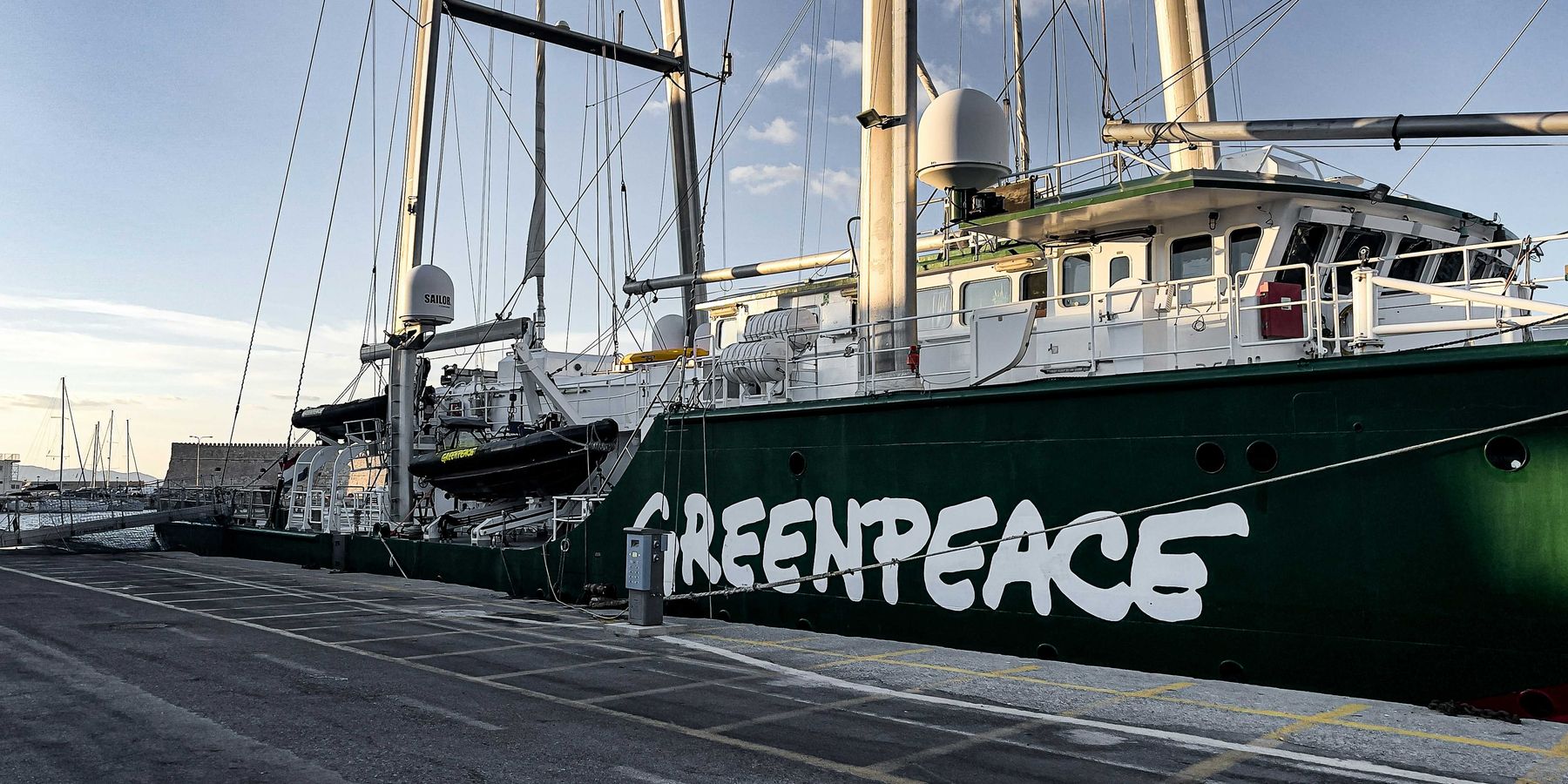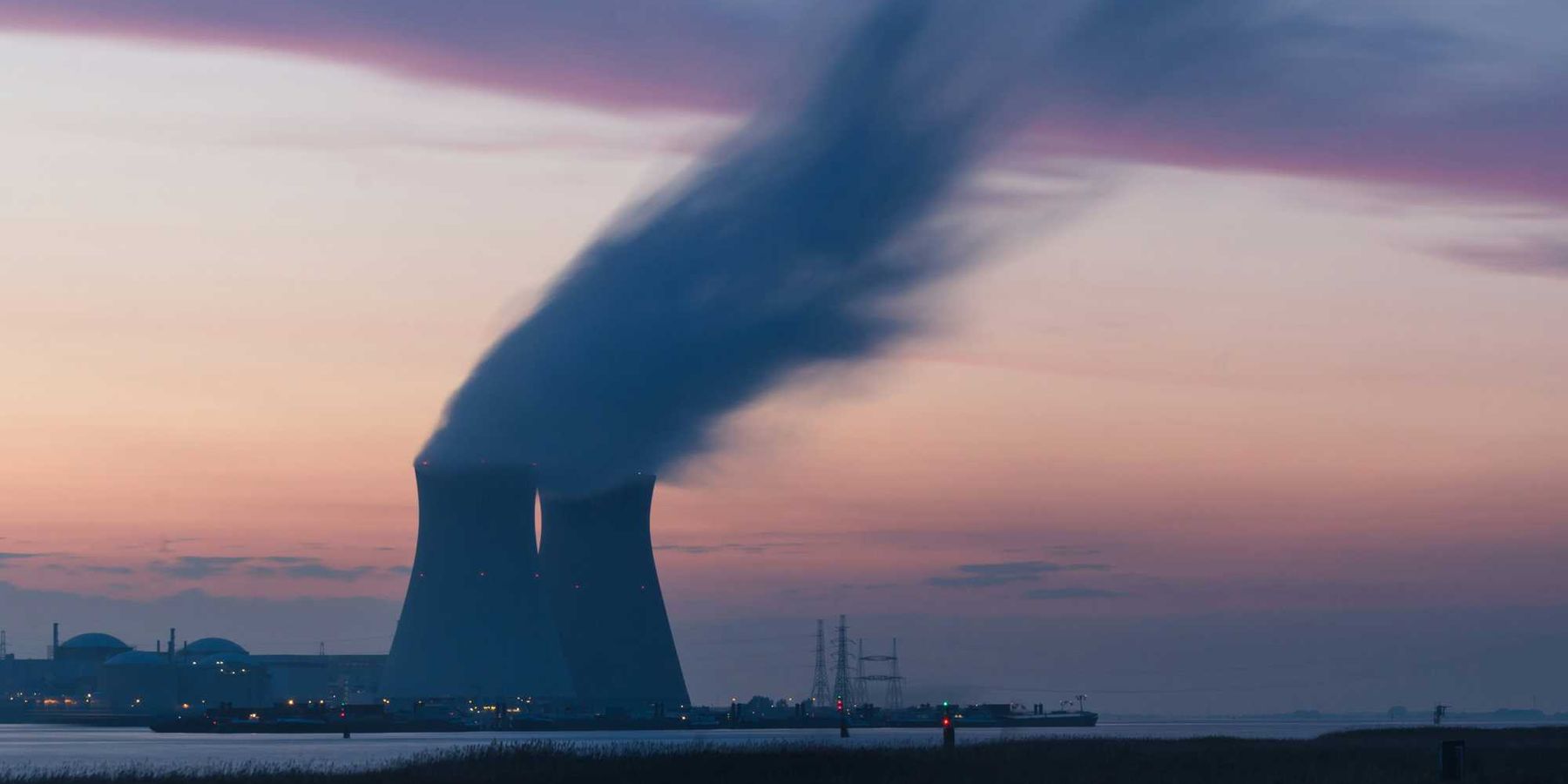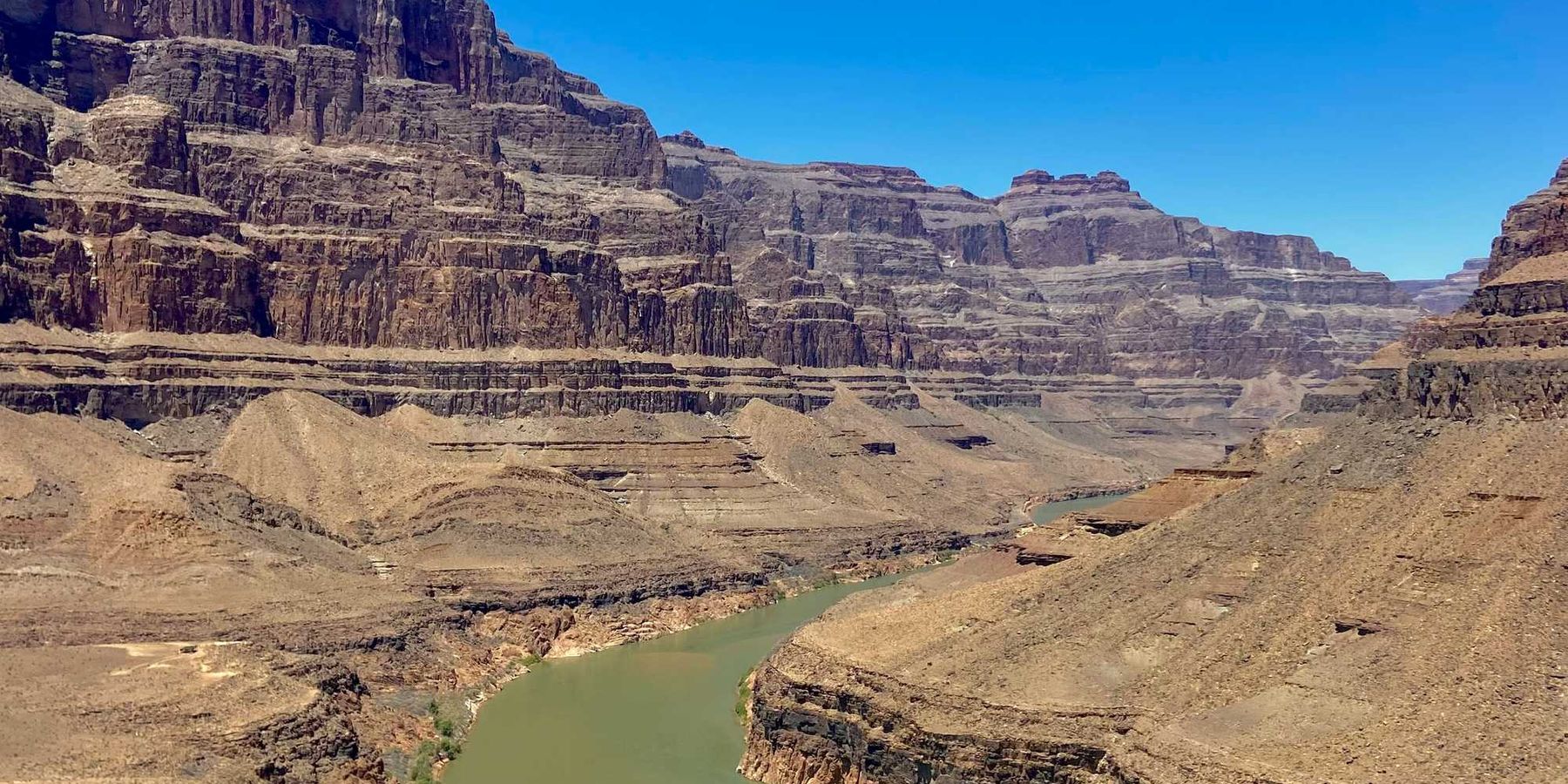U.S. launches deep-sea coral rescue after BP oil spill left ecosystems in ruins
Scientists are restoring coral habitats damaged by the Deepwater Horizon oil spill using underwater robots, lab-grown corals, and Navy divers in one of the most ambitious marine restoration efforts ever attempted.
Liz Kimbrough reports for Mongabay.
In short:
- The U.S. is restoring deep-sea coral reefs in the Gulf of Mexico, damaged by the 2010 BP Deepwater Horizon oil spill that released 134 million gallons of oil and devastated nearly 2,000 square kilometers of seafloor.
- The NOAA-led project uses remotely operated vehicles and divers to plant coral fragments and monitor their survival, while labs in Texas, Florida, and South Carolina successfully breed corals, achieving the first-ever spawning of deep-sea corals in captivity.
- Despite $273 million in funding from the BP settlement, the effort faces challenges from climate change, commercial fishing, oil spill risks, and recent staffing and contract delays at the National Oceanic and Atmospheric Administration (NOAA).
Key quote:
“These corals are the next level of difficulty. … A lot of work has been done with shallow corals, but for these mesophotic and deep, it’s definitely a brave new world and these folks are on the cutting edge.”
— Chris Gardner, NOAA fisheries biologist
Why this matters:
Deep-sea corals are ancient architects of marine ecosystems. Growing for millennia in the ocean’s twilight zone, they form complex, three-dimensional habitats that nurture marine life — from fish larvae to crabs and starfish. These corals are crucial to sustaining biodiversity and commercial fisheries, yet they are largely invisible to the public and dangerously vulnerable to oil spills, bottom trawling, and ocean warming. The 2010 Deepwater Horizon disaster revealed just how much damage an offshore blowout can inflict below the surface. Since then, scientists have found oil compounds embedded in coral tissues and witnessed vast underwater forests go silent. Restoration is difficult, slow, and costly, particularly at depths exceeding 300 feet. And while cutting-edge science is helping to bring these ecosystems back to life, the same waters remain at risk from ongoing drilling and industrial pollution.
Learn more: The lasting impact of the Deepwater Horizon spill on marine life













